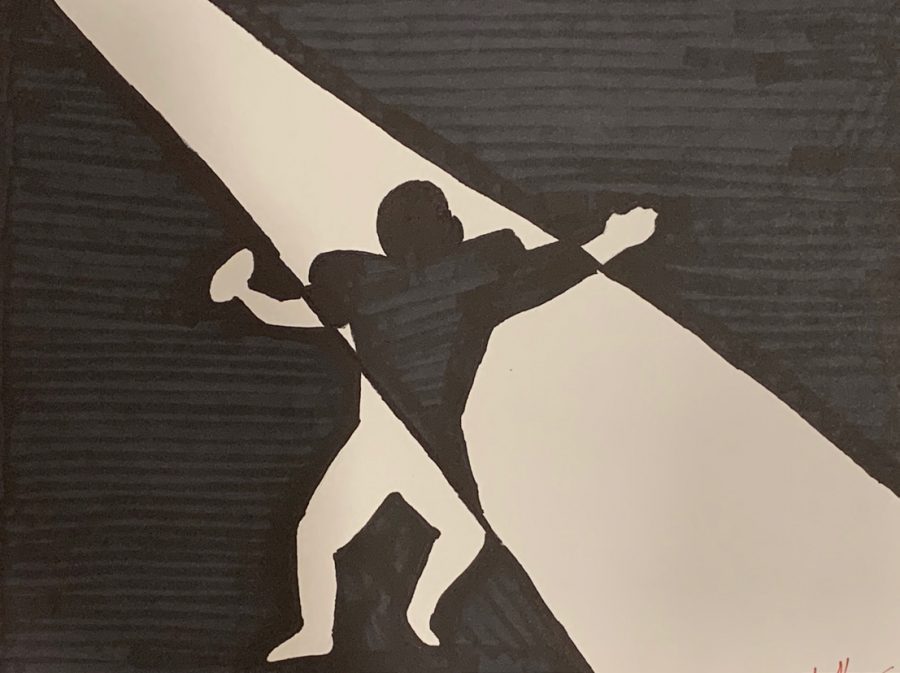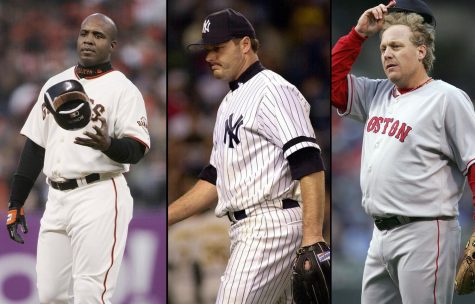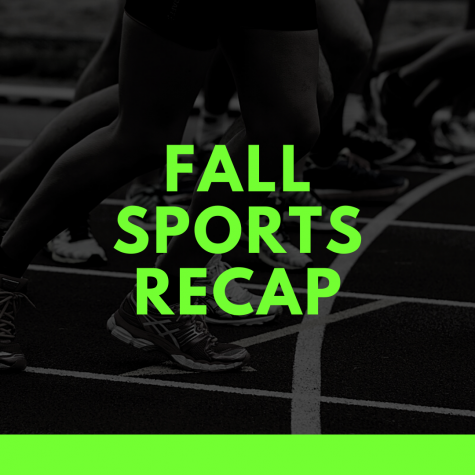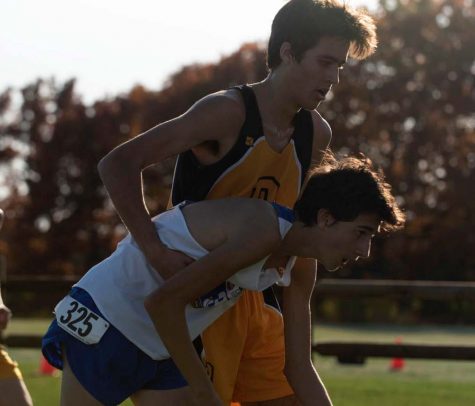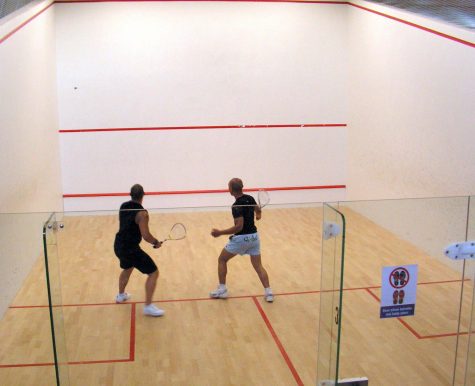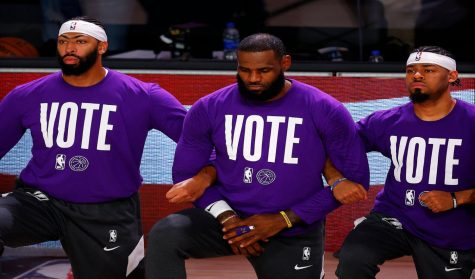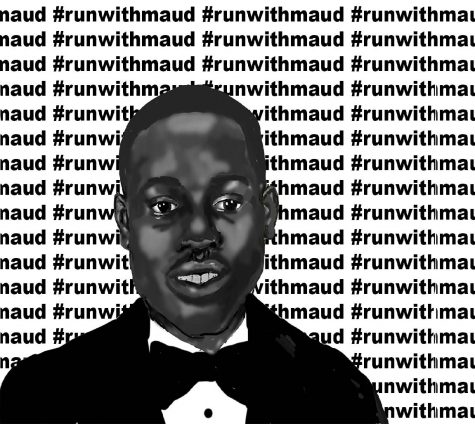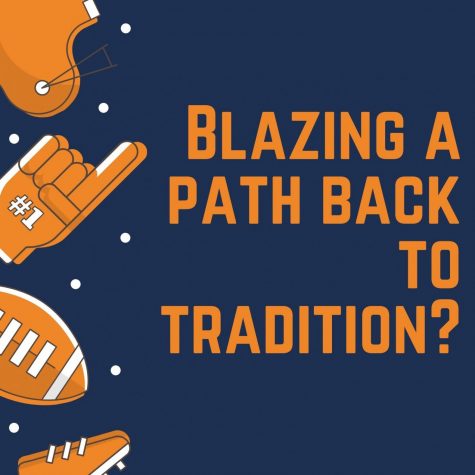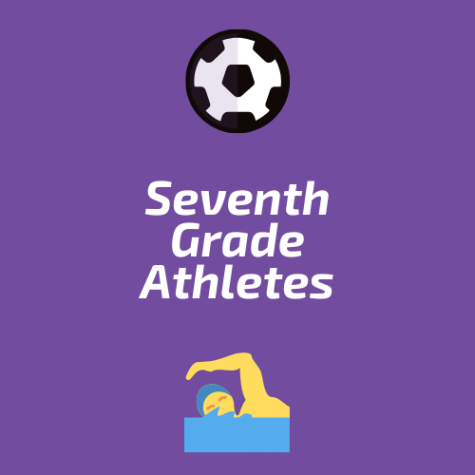Justifiable? Bomber Athletes Weigh in on Sports Protests and Boycotts
September 28, 2020
On August 26th of 2016, NFL quarterback Colin Kaepernick of the San Francisco 49ers chose not to stand for the national anthem before a preseason game against the Green Bay Packers, because the United States “oppresses black people and people of color.” Controversy immediately followed Kapernick’s decisions, including critical comments from President Donald J. Trump.
The NFL rejected supporting Kaepernick at the time. Less than a year later, the twenty-nine year old quarterback opted out of his contract with the 49ers, and he has not been offered a job in the NFL since. On February 18, 2018, Fox News anchor Laura Ingraham told NBA superstar LeBron James to “shut up and dribble” in response to James’ critical comments of President Trump’s response to police brutality. In June of 2019, The Institute for Diversity and Ethics in Sport graded the NCAA’s national office C+ in a race and gender report, which evaluates companies in its hiring and wage practices. The report never reached headlines. Exactly four years after Kaepernick’s first anthem protest, the Milwaukee Bucks elected to boycott their playoff game against the Orlando Magic in response to the death of Jacob Blake. “The shooting of Jacob Blake was simply an absolutely heinous act. The boycotting of sporting events was far more than justifiable. If anything it was a necessary act to spread awareness for a police action that was simply unacceptable,” said Burroughs football player August Nieberle (‘21). The Orlando Magic, along with the rest of the National Basketball Association, joined the Bucks in their protest. The entire NBA and WNBA halted their seasons for the second time this year. Other than collective bargaining strikes, no major United States sports league had ever seen a boycott of this kind. The response to the recent athlete protests are just as unparalleled. Within a day of the Bucks’ boycott, the NBA’s owners met with its players to discuss the league’s next steps. Rumors spread that the NBA/WNBA seasons may not continue.
“When multiple pro sports teams boycotted…I had a gut feeling that they would resume in the ensuing days. I get the players’ frustrations, but they all will get more air time if they keep playing their games. Players like LeBron [James] will continue to have their voice heard across the world,” said Loyola-Chicago Soccer commit, John Gates (‘21).
Gates’ prediction was correct. The owners and athletes decided to play on, but with an even greater concentration on social justice. Every court read “BLACK LIVES MATTER” across the center of the floor, players were encouraged to speak about any issue they see fit to the media, and the league implemented voter registration stations for each team in its Orlando bubble. These measures are a far cry from the aversion to Kaepernick’s protest four years prior.
The NCAA recently developed a four-part educational program entitled “Athletes Using Their Power”, or “A4”, which encourages student-athletes to use their voices for social good and eliminate fear of speaking out. Retracting previous statements, NFL commissioner Roger Goodell expressly stated that he will support any player that chooses to take a knee during the national anthem in the upcoming season.
Major sports enterprises have worked to suppress the voices of their athletes for decades, in fear of losing supporters. However, the year 2020 has seen these powerful conglomerates echo and amplify the voices of its individual players in the pursuit of social justice. Burroughs Women’s Varsity Basketball leading scorer Peyton Starks (‘21) added, “I think it’s important that large corporations and entities are recognizing the injustices that their players have to deal with everyday, and I am glad that they are taking the time to educate others, because knowledge is a powerful thing.”
However, some believe that the recent progress in athlete empowerment has not empowered the voices of amateur athletes. “I believe we do not have a greater voice…as a light-skin African American male I might be listened to a bit more, but at the same time, I’m a nobody from St. Louis,” said Gates. Nieberle added “As an athlete… I am not necessarily empowered to speak out, however… by the sheer popularity of athletes in our society, their voices in our society are more substantial than ever.”
The consensus appears as though athletes are empowered not by their sport, but rather by their following. Therefore, it seems appropriate that LeBron James chooses not to “shut up and dribble.”
